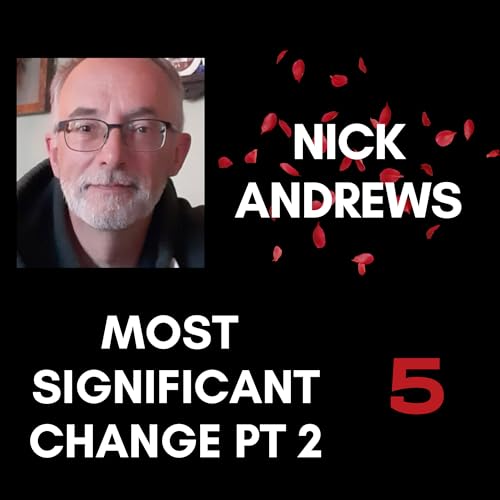Nicholas Pleace joins Imogen to discuss Housing First strategies, the European context, and how this approach is transforming homelessness services across the UK and beyond.
Nicholas and I first worked together on the Housing First Feasibility Study for the Liverpool City Region (Crisis, 2017): full report; summary version.
Housing First Guide Europe (2016), Nicholas Pleace for FEANTSA https://www.feantsa.org/download/hfg_full_digital1907983494259831639.pdf
Discussed in the podcast:
US sociologist, Teresa Gowan identified 3 caricatures of homelessness: ‘sin-talk’, ‘sick-talk’ and ‘system-talk’, as described here: https://www.researchgate.net/publication/334047769_Street_Talk_Homeless_Discourses_and_the_Politics_of_Service_Provision
Malcolm Gladwell: Million-Dollar Murray: The New Yorker, 02/05/2006: https://www.newyorker.com/magazine/2006/02/13/million-dollar-murray
Blood, Birchall & Pleace (2021) Reducing, Changing, or Ending Housing First support, Homeless Link: https://eprints.whiterose.ac.uk/id/eprint/197890/1/Reducing_changing_or_ending_Housing_First_support_2021_full_report.pdf
Sam Tsemberis: https://en.wikipedia.org/wiki/Sam_Tsemberis
In ‘A Traumatised System’ for Riverside, Nicholas and I describe the commissioning context for UK homelessness services: https://www.riverside.org.uk/care-and-support/homelessness-research-and-reports/a-traumatised-system/
Supporting People programme: https://commonslibrary.parliament.uk/research-briefings/rp12-40/
Housing First Fidelity Framework: we’ve recently published the framework Nicholas, Anita Birchall and I produced in 2019 here: https://www.imogenblood.co.uk/_files/ugd/775f77_2ccae7cd607e433da5c553c59081cd31.pdf
Imogen runs a social research consultancy Imogen Blood & Associates:
https://www.imogenblood.co.uk/
She also provides MSC training:
https://www.seralliance.org/
Chapters
00:00 - Nicholas’s research background
3:15 - Adapting Housing First into the European context
5:15 - What is Housing First?
9:45 - Why does it work for individuals?
13:15 - Systems change and Housing First
15:52 - Evidence-based intervention in homelessness
19:00 - Housing First’s origins in the US
23:28 - Finland’s Housing First strategy
26:02 - How Housing First developed in the UK
34:00 - Comparison to Housing First in Italy
35:30 - Impact of housing, health and care shortages on Housing First
39:00 - Too thinly spread to have strategic impact
43:50 - Preventing future demand
48:27 - Lack of join up
51:02 - Lack of step-up/ step-down options
56:06 - What is needed?
1:00:35 - The narrative gets in the way
1:06:50 - Housing First as part of mental health pathway?
1:12:50 - Fidelity to the model
1:21:03 - End
 Aug 21 20251 hr and 8 mins
Aug 21 20251 hr and 8 mins 1 hr and 16 mins
1 hr and 16 mins Jul 18 20251 hr and 23 mins
Jul 18 20251 hr and 23 mins Jul 10 202559 mins
Jul 10 202559 mins Jul 9 20251 hr
Jul 9 20251 hr Jul 9 202553 mins
Jul 9 202553 mins
